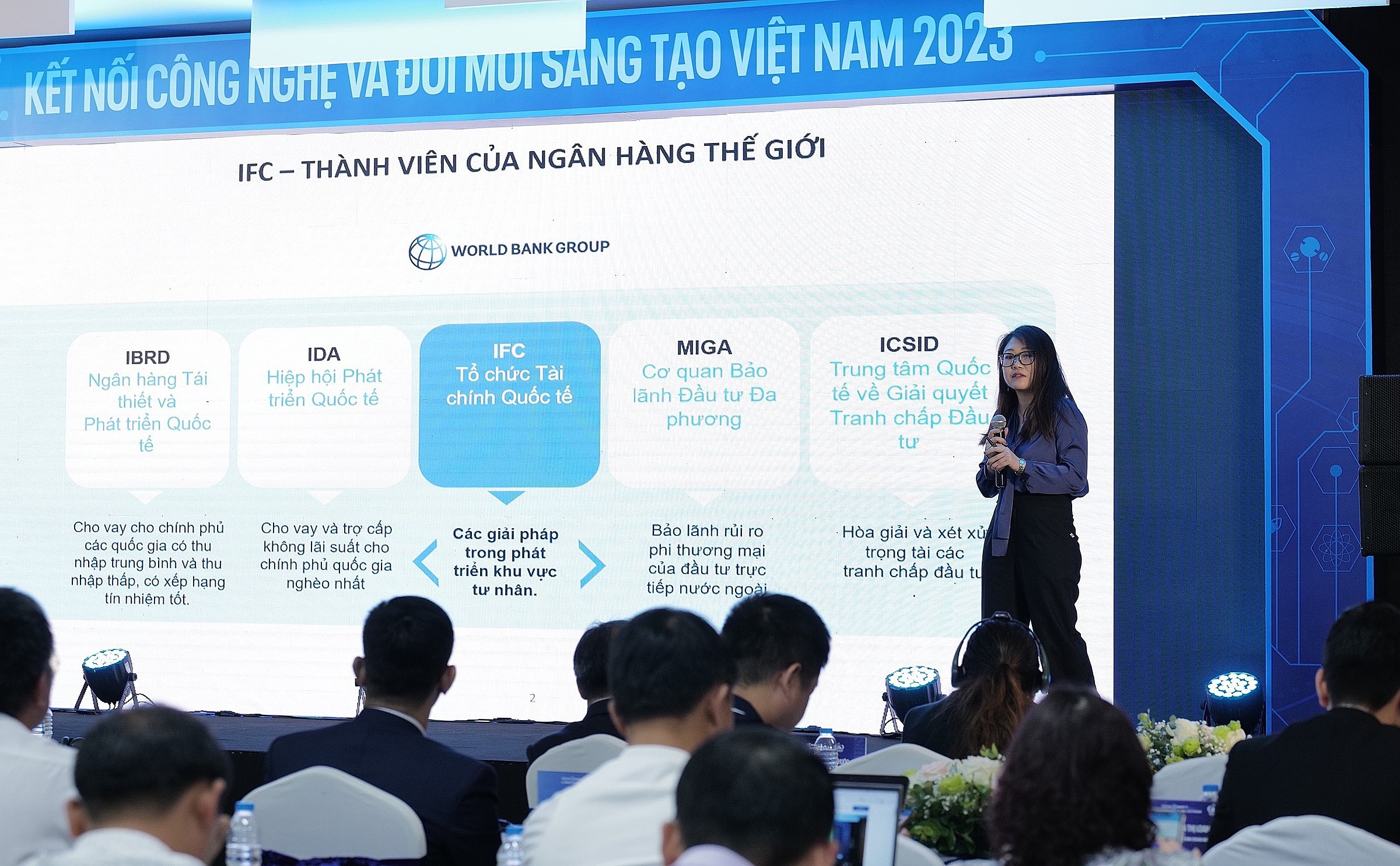According to the Vietnam Chamber of Commerce and Industry (VCCI), green startups in Vietnam have long faced three major obstacles: lack of capital, legal hurdles, and difficulty expanding the market. Since 5/2025, these barriers are gradually being removed thanks to two important policies: Resolution 198/2025/QH15 of the National Assembly and Resolution 68-NQ/TW of the Politburo.
Accessing capital
Resolution 198 opens up access to unprecedentedly cheap capital, with interest rates of only 2% per year for small and medium-sized enterprises with green, circular, or ESG-compliant projects. However, not every startup is eligible for this incentive. Businesses need to demonstrate that their projects genuinely provide environmental or social benefits, such as energy savings, emission reductions, or livelihood creation for vulnerable communities. The more transparent the application, the higher the chance of accessing capital.
Besides loans, businesses also have the opportunity to receive direct investment or joint ventures from the Small and Medium Enterprise Development Fund with private funds. This means that instead of just receiving loans, startups can receive joint funding with other investors.
 |
Do Thi Ngoc Diep, Manager of the Green Building Program in Vietnam, Cambodia, Laos, Mongolia, and Thailand of IFC, talks about financial opportunities for businesses pioneering green transformation. Photo Ngoc Thanh |
Do Thi Ngoc Diep, Manager of the Green Building Program in Vietnam, Cambodia, Laos, Mongolia, and Thailand of IFC, talks about financial opportunities for businesses pioneering green transformation. Photo Ngoc Thanh
For example, an ESG startup specializing in recycled waste treatment needs 5 billion VND to expand its factory. If the project meets the green criteria and is deemed feasible by the Fund's appraisal council, the Fund can contribute 2 billion VND, while the remaining 3 billion VND comes from a private fund. This provides the business with financial resources and strategic support from experienced investors in management, market access, and scaling.
In addition, another notable incentive is the "seed capital" mechanism in Resolution 68. The State will contribute a portion of the initial capital to share the risk, thereby attracting more private investors. With this mechanism, a project worth 10 billion VND could receive 20% from the State, building confidence for private funds to co-invest. This is especially helpful for young startups, who often struggle to convince investors on their own.
Special legal framework for certain fields
A new and liberating point for many businesses is the controlled testing mechanism (also known as "sandbox") introduced in Resolution 68. This is a special legal framework that allows businesses to test new ideas or business models on a small scale without having to comply with all current regulations. In this environment, startups can implement initiatives under the supervision of management agencies, protected from legal risks while having the opportunity to prove the feasibility of their model.
For example, a startup developing a carbon credit exchange can test the trading mechanism in the sandbox, under close supervision to ensure transparency but without having to immediately meet all complex legal requirements. Or an e-waste recycling company can pilot its collection and sorting model in a small city to evaluate its effectiveness before expanding nationwide.
Expanding export opportunities through ESG assessment
Along with financial support, an ESG-based credit rating system is also being developed. Businesses that meet governance standards, financial transparency, and have a positive environmental impact will be ranked higher, making it easier to attract bank loans and international funds.
For instance, a startup producing biodegradable packaging can achieve a high ESG score by demonstrating emission reductions in its production process, publishing financial reports, and implementing transparent labor practices. This not only facilitates domestic loans but also opens doors to becoming a supplier for global retail corporations, which are increasingly tightening ESG standards in partner selection.
These two new resolutions are not just policy documents but have formed a comprehensive support ecosystem for ESG startups. Businesses gain access to cheap capital, spaces for technology testing, risk-sharing with the State, and tools to demonstrate credibility in the international market. The rest depends on the startups' own preparation: they need to build clear, transparent ESG profiles and be ready to embrace experimentation. If they can do this, doors from domestic to international markets will open wider.
Hai My












